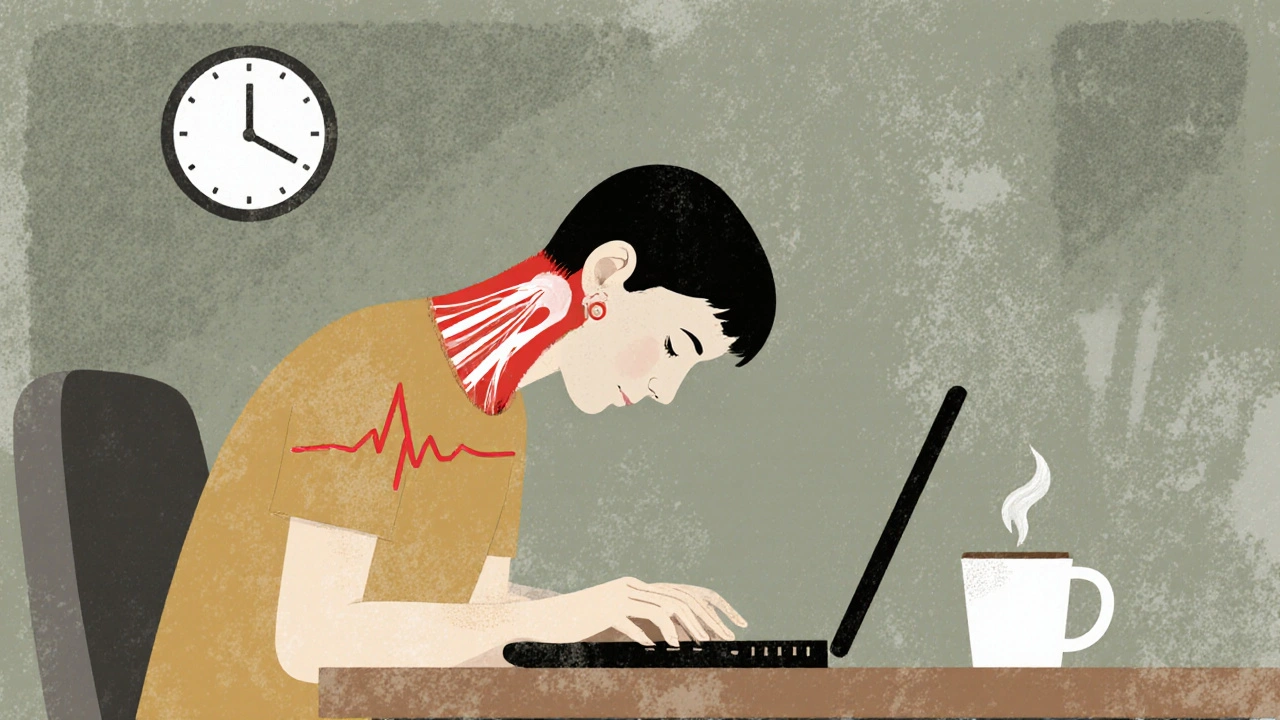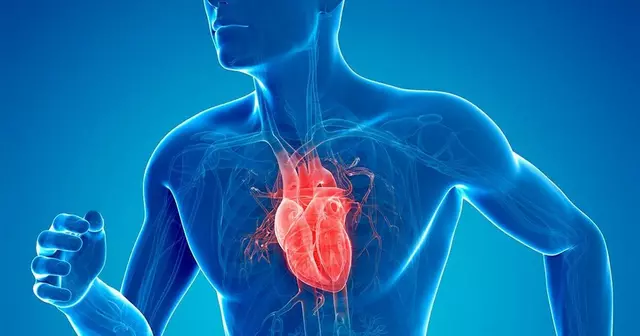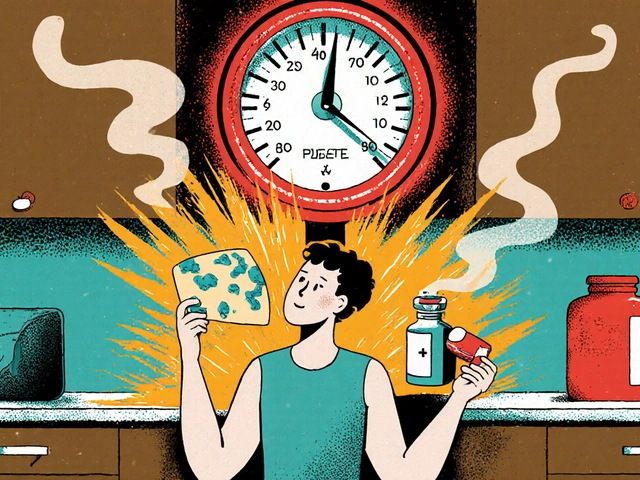Neck Stiffness: Causes, Related Conditions, and What to Do
When your neck stiffness, a common symptom where movement in the neck becomes painful or limited. Also known as cervical rigidity, it often starts as a dull ache but can quickly make turning your head feel like moving through concrete. It’s not just "bad posture"—it’s your body’s way of saying something’s off. For some, it’s from sleeping wrong. For others, it’s tied to deeper issues like muscle strain, nerve pressure, or even early signs of arthritis.
Neck stiffness rarely happens alone. It’s often linked to muscle tension, tightness in the upper back and shoulders that pulls on the neck, especially if you sit at a desk all day or scroll on your phone for hours. It can also show up with cervical spine, the part of the spine in your neck that supports your head and protects the spinal cord problems like degenerative disc disease or herniated discs. And if you’ve ever been in a car crash—even a minor one—you might be dealing with whiplash, a sudden back-and-forth motion that strains neck muscles and ligaments, which doesn’t always hurt right away.
What most people don’t realize is that neck stiffness can be a side effect of medications, stress, or even thyroid issues. Some drugs cause muscle tightness as a side effect. Chronic stress locks your shoulders up, and that tension climbs right into your neck. In rare cases, it’s a red flag for infections like meningitis—if you have a stiff neck plus fever, headache, and light sensitivity, you need help fast. But for most people, it’s a mix of daily habits and minor injuries adding up.
You’ll find posts here that dig into how neck stiffness connects to conditions like arthritis, migraines, and even heart problems. One article explains why people with thyroid disorders often report tightness in their neck. Another breaks down how poor posture at work turns into chronic pain. There’s also guidance on spotting when it’s just soreness versus something that needs a doctor’s look. You’ll see real comparisons between treatments—what actually works for muscle tension versus nerve-related stiffness, and why heat sometimes helps more than ice. No fluff. Just what you need to know to stop guessing and start feeling better.

- Nov 17, 2025
- Posted by Cillian Osterfield
Neck Pain: Cervical Strain and Effective Treatment Options
Cervical strain is the most common cause of neck pain, often from poor posture or sudden movements. Learn evidence-based treatments, recovery timelines, and how to prevent it from becoming chronic.
Categories
- Health and Wellness (72)
- Medications (69)
- Health and Medicine (28)
- Pharmacy Services (12)
- Mental Health (9)
- Health and Career (2)
- Medical Research (2)
- Business and Finance (2)
- Health Information (2)
Latest Posts
©2026 heydoctor.su. All rights reserved





